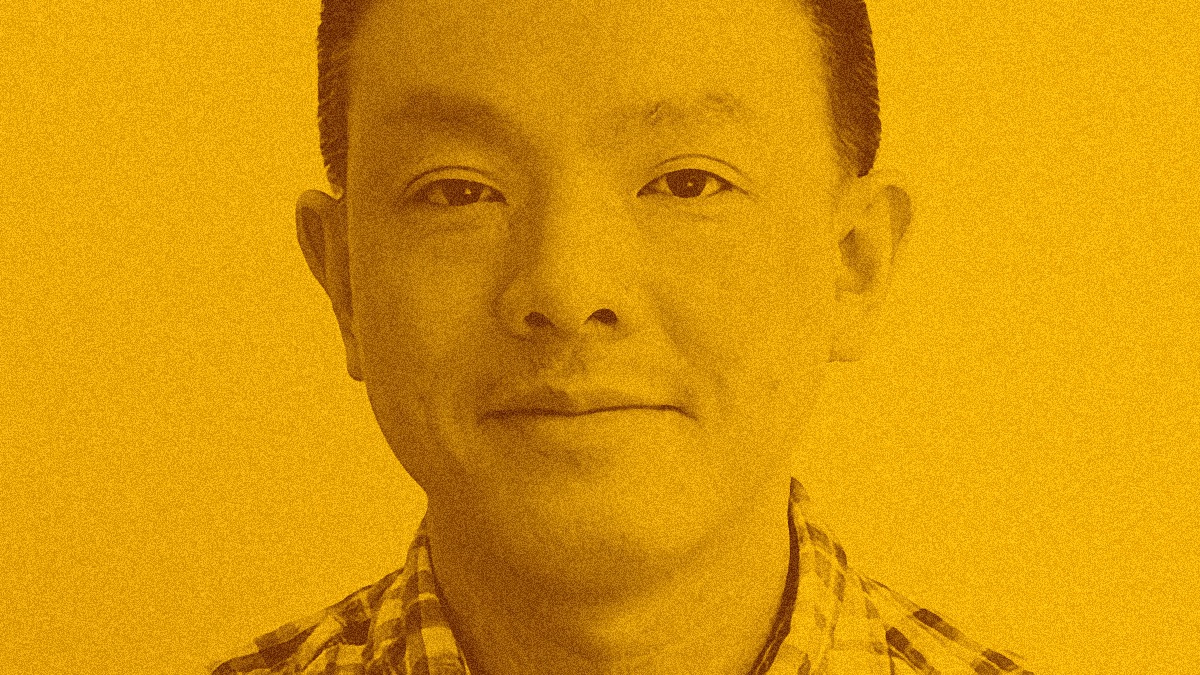Episode 77 of The Informed Life podcast features a conversation with Boon Yew Chew. Boon is a strategic designer at Elsevier and a leader in IxDA, the Interaction Design Association. In this conversation, we delve into Roam Research, which Boon uses to take notes and tame “an ever-evolving multi-dimensional beast of knowledge.”
I reached out to Boon after reading a Medium post where he explained how he uses Roam. As he explained in the post,
I have a sensemaking challenge… and this can only work when I embrace the organic, evolving, interconnected mess of content I have to deal with and work with its nature. That’s where Roam has helped.
To contrast Roam with other note-taking tools, Boon used the metaphor of a room with furniture.
Folders and categories are things that are instantly familiar to a lot of people. And so, they become a lot more accessible for most people. And I think that’s kind of the allure of these tools… that they become kind of a more general audience if that makes sense.
Whereas a tool like Roam has none of that. It is quite a flat tool. And you mentioned that word top-down, I’m not quite sure whether I would find a tool like Evernote, a top-down tool. I would say that it’s a tool with furniture in it, you know? You go into a room or a house, it’s got furniture in it. It affords certain use cases because these objects are familiar to you. A folder, a category, a tag, you know, these are familiar terms brought from the real world into the digital world. And so, people go, “oh, okay. I can kind of use it like that.”
I think it’s only when you start to struggle with scale and certain types of very advanced use cases in the software and digital space where information is so… I don’t know, it’s loose. It’s messy. It’s emergent. It’s kind of, you know, it’s all of that, right? Where they’re not objects, they’re not physical, tangible things. You can put them into real boxes or real folders. They’re just abstract constructs. You make it up. Somebody invented these things and they exist on this screen, you know? And people just decided to call them folders and then suddenly people think they’re folders. “Oh no, it’s not really a folder!”
I’m always fascinated by how people manage their personal information environments — especially so when they’re aware of how their tools influence the structure of those environments, and what they can do within them. It was a pleasure talking with Boon about his note-taking system. I hope you find as much value in this conversation as I did.
